Featured partnership
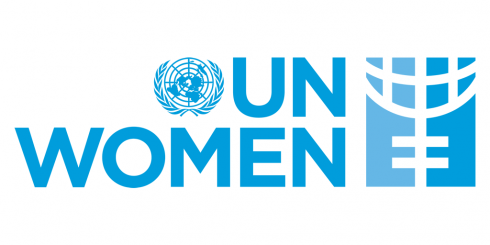
AALAC-UN Women Partnership
The Adrienne Arsht Latin America Center (AALAC) at the Atlantic Council and its Caribbean Initiative has partnered with UN Women Multi-Country Office – Caribbean to address pressing gender issues in the Caribbean, with a specific focus on Guyana and Jamaica. The initiative aims to tackle the unique challenges faced by women and girls in the region by promoting gender equity, security, financial inclusion, and women’s political participation.
A discussion on enhancing climate resilience for women in the Caribbean
A conversation on best practices to address gender-based violence
A conversation on how to promote women economic empowerment in the Caribbean

#MujeresAtTheTable
In celebration of Women’s History Month, follow our #MujeresAtTheTable month-long campaign, highlighting women’s leadership and efforts toward gender equality, while also promoting constructive dialogue to address some of the most pressing challenges women face daily in the Americas.
Featured reading
Latest Content
Only with gender equality can we unleash the full potential of the Americas.”
Jason Marczak, Director, Adrienne Arsht Latin America Center, Atlantic Council
Experts of the Americas Episodes
A conversation on gender equality and female representation in politics
A discussion among ambassadors about women in diplomacy
A conversation on women’s leadership and tech infrastructure in Latin America and beyond
We women must continue encouraging collective action; that will be the key to speed up the progress in achieving a more just and equitable world for women and girls.”
Laura Chinchilla, former president of Costa Rica; member, Adrienne Arsht Latin America Center Advisory Council
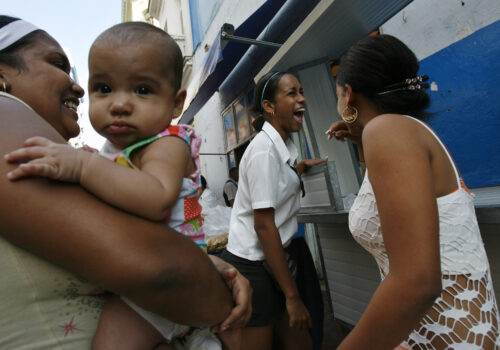

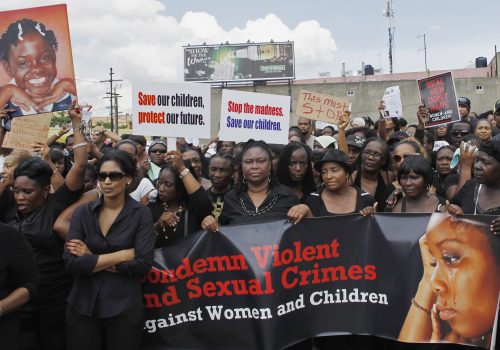
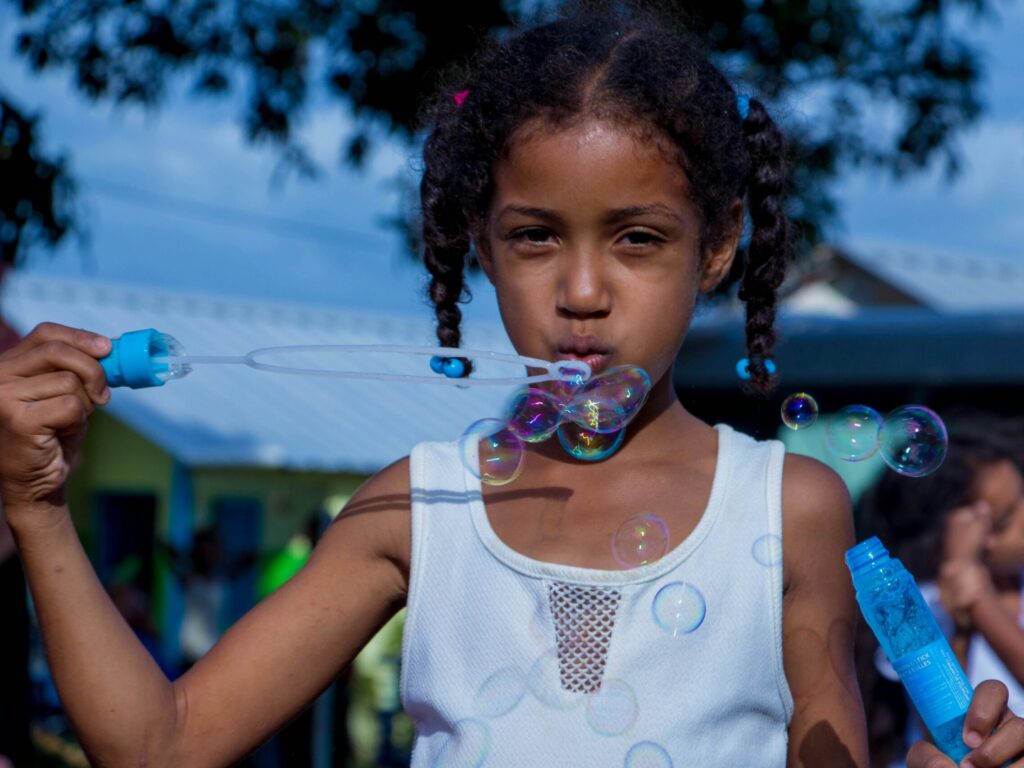
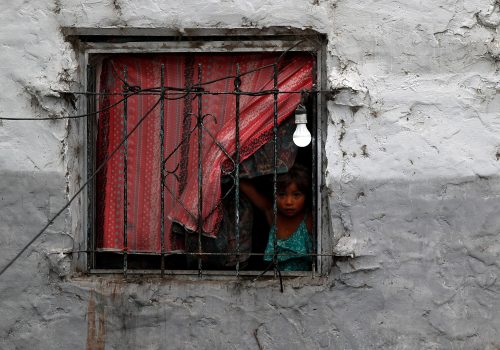

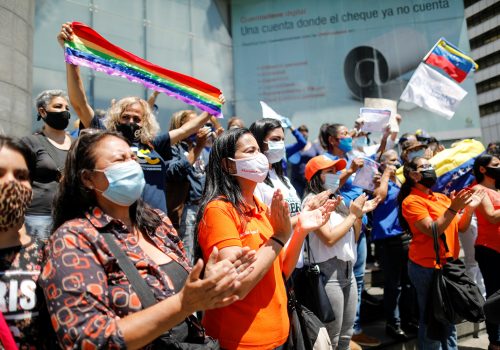
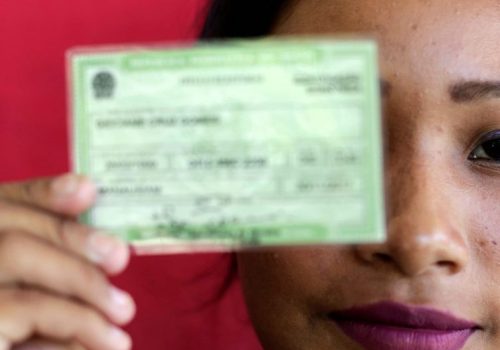
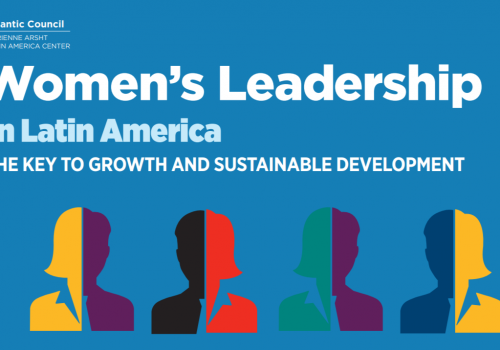
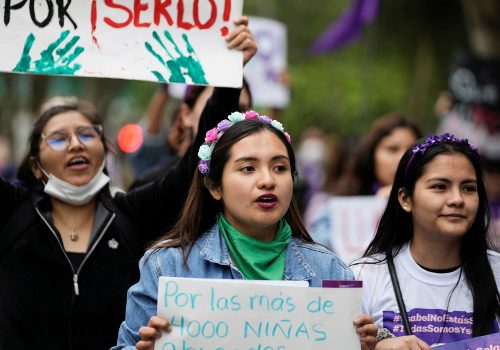
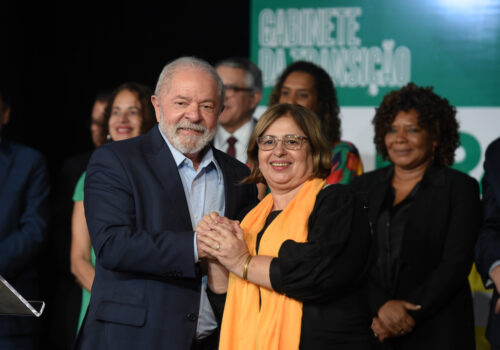

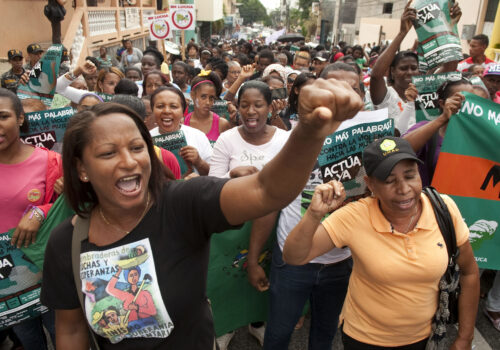
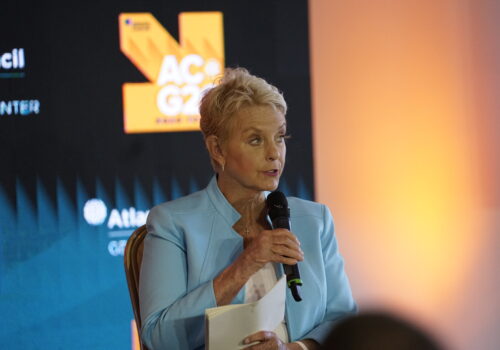

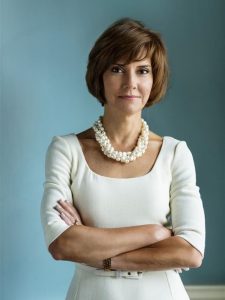



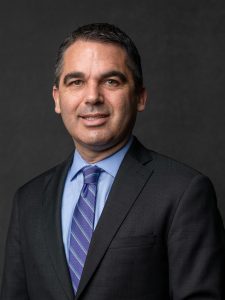






On Twitter? Follow the campaign @ACLatAm using #MujeresAtTheTable